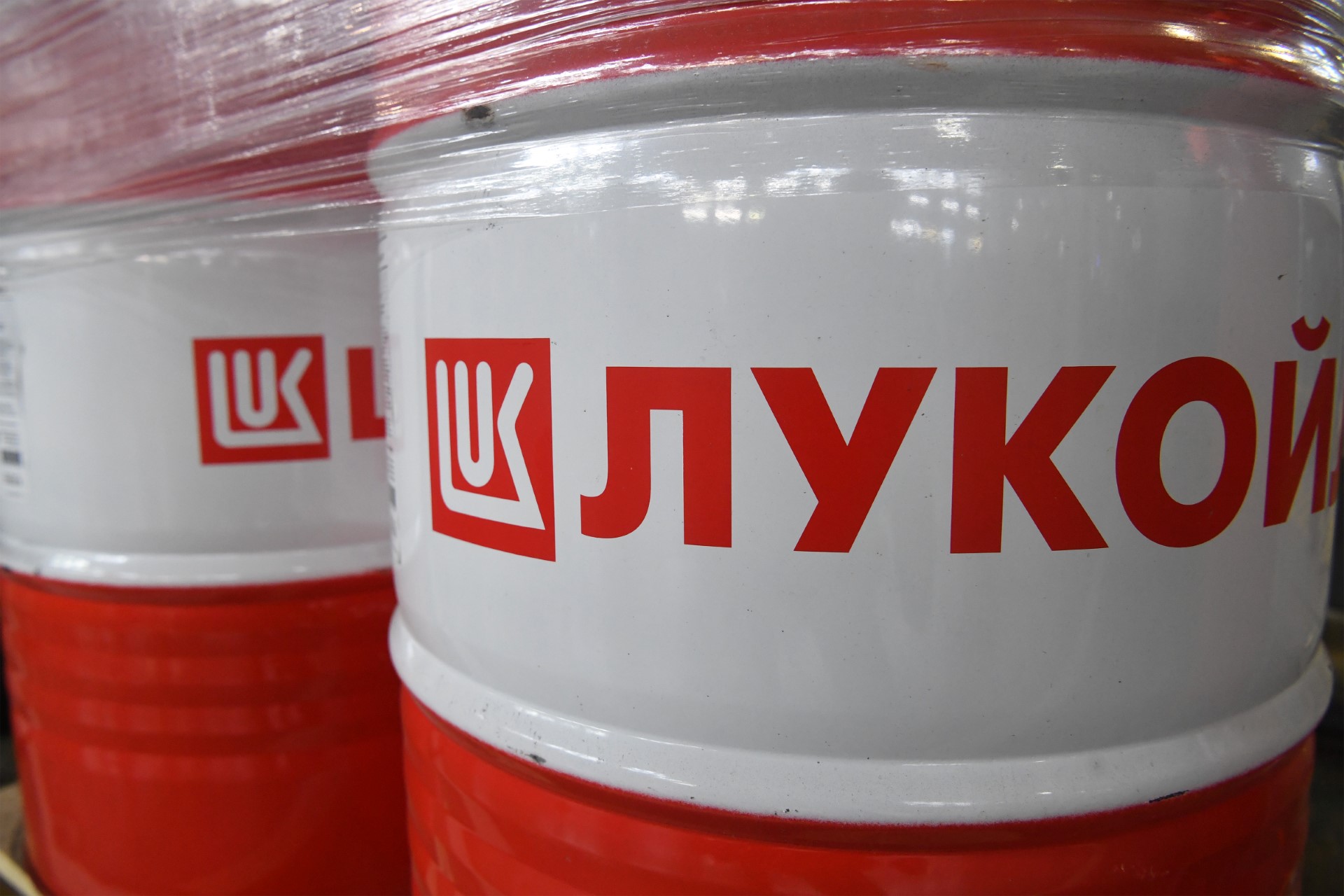
403
Sorry!!
Error! We're sorry, but the page you were looking for doesn't exist.
Hungary accuses Brussels of upsetting oil supplies from Russia
(MENAFN) On Saturday, Hungarian Foreign Minister Peter Szijjarto publicly accused the European Commission (EC) of deliberately obstructing the flow of Russian crude oil to Hungary and Slovakia through Ukraine. Szijjarto’s remarks come amidst a continuing energy supply crisis exacerbated by a dispute between Budapest, Bratislava, and Kiev.
The tension originated in June when Ukraine halted the transit of crude oil supplied by Russian energy giant Lukoil through the Druzhba pipeline. This action, taken under the pretext of enforcing sanctions against Lukoil, has severely impacted Hungary and Slovakia, both of which rely on this route for their oil supplies. The interruption has left these landlocked nations scrambling for alternative energy sources.
Szijjarto contends that the EC's refusal to mediate in this dispute is a deliberate move to cause problems for Hungary and Slovakia. According to him, Brussels’ inaction signals a desire to exacerbate the situation rather than facilitate a resolution. Speaking at the political festival Tranzit in Hungary, Szijjarto claimed, “The fact that the EC has declared its unwillingness to assist Hungary and Slovakia in resolving the energy supply issue indicates that Brussels has directed Kiev to create obstacles in the energy sector for these two countries.”
The European Commission’s stance has been to reject calls for intervention. A spokesperson for the Commission stated on Friday that they had found no evidence suggesting that Ukraine’s sanctions on Lukoil had jeopardized the broader European energy security. The spokesperson noted that Russian oil continues to transit through the Druzhba pipeline to the Czech Republic, Slovakia, and Hungary, as long as the formal ownership of the oil does not rest with Lukoil.
The Commission’s position is that the sanctions imposed by Ukraine on Lukoil do not directly impact the ongoing transit operations via the Druzhba pipeline, provided the oil is traded by other companies and not directly managed by Lukoil. This response has done little to assuage the concerns of Hungary and Slovakia, who continue to face significant disruptions in their energy supplies.
This situation underscores the broader challenges facing Europe’s energy security and the complex interplay of political and economic interests that influence the continent’s energy landscape.
The tension originated in June when Ukraine halted the transit of crude oil supplied by Russian energy giant Lukoil through the Druzhba pipeline. This action, taken under the pretext of enforcing sanctions against Lukoil, has severely impacted Hungary and Slovakia, both of which rely on this route for their oil supplies. The interruption has left these landlocked nations scrambling for alternative energy sources.
Szijjarto contends that the EC's refusal to mediate in this dispute is a deliberate move to cause problems for Hungary and Slovakia. According to him, Brussels’ inaction signals a desire to exacerbate the situation rather than facilitate a resolution. Speaking at the political festival Tranzit in Hungary, Szijjarto claimed, “The fact that the EC has declared its unwillingness to assist Hungary and Slovakia in resolving the energy supply issue indicates that Brussels has directed Kiev to create obstacles in the energy sector for these two countries.”
The European Commission’s stance has been to reject calls for intervention. A spokesperson for the Commission stated on Friday that they had found no evidence suggesting that Ukraine’s sanctions on Lukoil had jeopardized the broader European energy security. The spokesperson noted that Russian oil continues to transit through the Druzhba pipeline to the Czech Republic, Slovakia, and Hungary, as long as the formal ownership of the oil does not rest with Lukoil.
The Commission’s position is that the sanctions imposed by Ukraine on Lukoil do not directly impact the ongoing transit operations via the Druzhba pipeline, provided the oil is traded by other companies and not directly managed by Lukoil. This response has done little to assuage the concerns of Hungary and Slovakia, who continue to face significant disruptions in their energy supplies.
This situation underscores the broader challenges facing Europe’s energy security and the complex interplay of political and economic interests that influence the continent’s energy landscape.

Legal Disclaimer:
MENAFN provides the
information “as is” without warranty of any kind. We do not accept
any responsibility or liability for the accuracy, content, images,
videos, licenses, completeness, legality, or reliability of the information
contained in this article. If you have any complaints or copyright
issues related to this article, kindly contact the provider above.























Comments
No comment